Review: “I Am Not Your Negro”
The Bullet
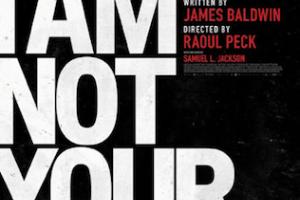 Through a very clever and subtle weaving together of archival footages, interviews, stereotypic images from racist advertizing from the thirties and forties, and from contemporary TV, we are provided with a historical context and an incredible graphic depiction of the momentous civil rights movement that swept the American south in those years, the lunch-counter sit-ins, the courageous fight to integrate the educational system, the voter registration drives, ...
Through a very clever and subtle weaving together of archival footages, interviews, stereotypic images from racist advertizing from the thirties and forties, and from contemporary TV, we are provided with a historical context and an incredible graphic depiction of the momentous civil rights movement that swept the American south in those years, the lunch-counter sit-ins, the courageous fight to integrate the educational system, the voter registration drives, ...

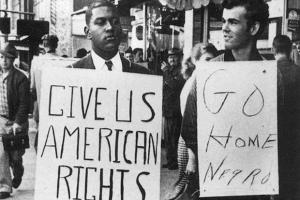
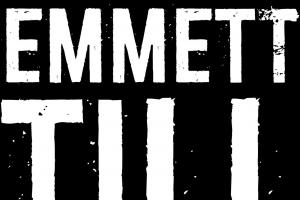
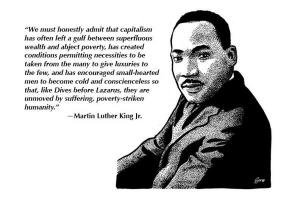

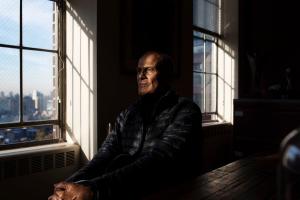
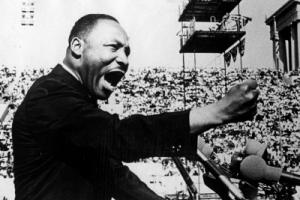

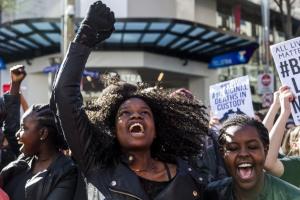
Spread the word